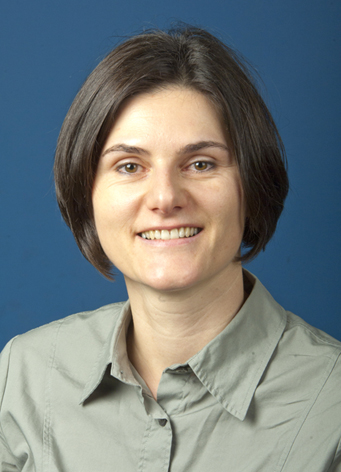MPM 4 - Overview
Many diseases are the result of pathological signal transduction. This module will develop a deep and mechanistic understanding of intra- and extracellular signaling, the consequences of pathogenic lesions, and therapeutic avenues to their treatment. Pathological signal transduction will be illustrated in the context of precision medicine by paradigmatic diseases, their diagnosis, and their treatment.
MPM 4 - Details
In Module 4, we will examine how signals are generated, propagated, modulated and attenuated in cells with an emphasis on four major signaling pathways commonly dysregulated in human disease: mitogen-activated protein kinase (MAPK) signaling, receptor tyrosine kinase (RTK) signaling, G protein-coupled receptor (GPCR) signaling, and hormone receptor (HR) signaling. We will study intracellular signal propagation via lipid and protein kinases, signal attenuation via lipid and protein phosphatases, and the role of post-translational modification (PTM) of proteins, in particular the role of phosphorylation as an activating or inhibitory modification.
We will study the major oncogenes and tumor suppressors in the context of pathological signal transduction in various cancer types. We will develop a strong molecular and mechanistic understanding of how mutations in signaling enzymes can give rise to disease, with a strong emphasis on the structure-function relationship. We will study phototransduction (light signaling) in the retina, including enzymatic and non-enzymatic factors, in order to understand Leber’s Congenital Amaurosis (LCA). Students will be familiarized with patient clinical presentation, diagnosis, treatment strategy, clinical outcome, and future perspectives alongside a deep and mechanistic understanding of paradigmatic diseases.
In the clinic, we will learn how genetic mutations can be translated into treatable target expression by visualizing and quantifying molecular targets in vivo. We will examine a range of therapeutic strategies at the molecular level, including small molecule inhibitors, immunotherapy, and gene therapy. Finally, in a link to Module 3, we will examine the evolution of drug-resistance mutations and their diagnosis, as well as the value of pharmacogenomics in arriving at treatment regimens.
Teaching faculty include basic research scientists from the Max Perutz Labs, the Medical University of Vienna, and the Boehringer Ingelheim Institute for Molecular Pathology, as well as clinicians from the Medical University of Vienna.

